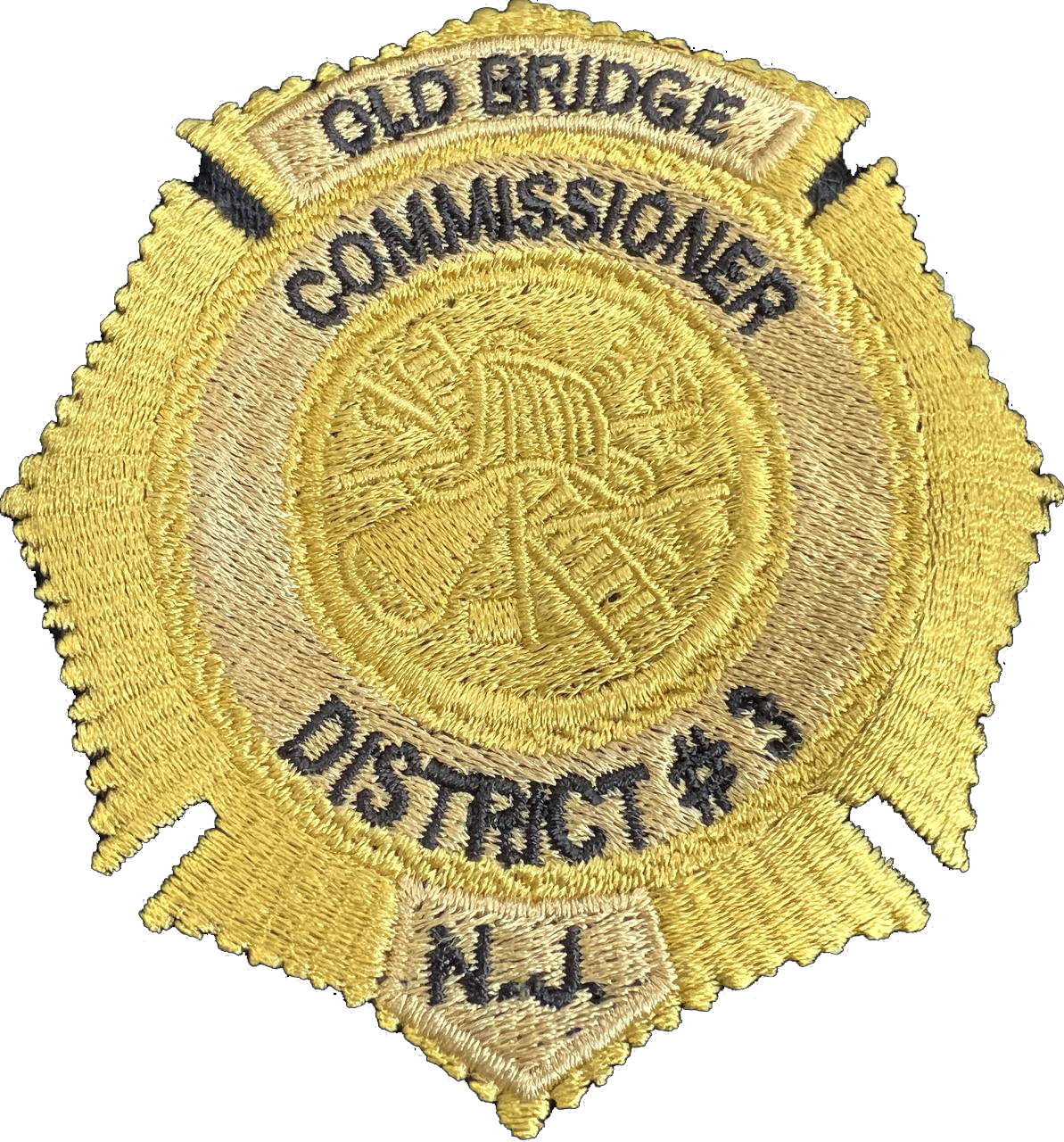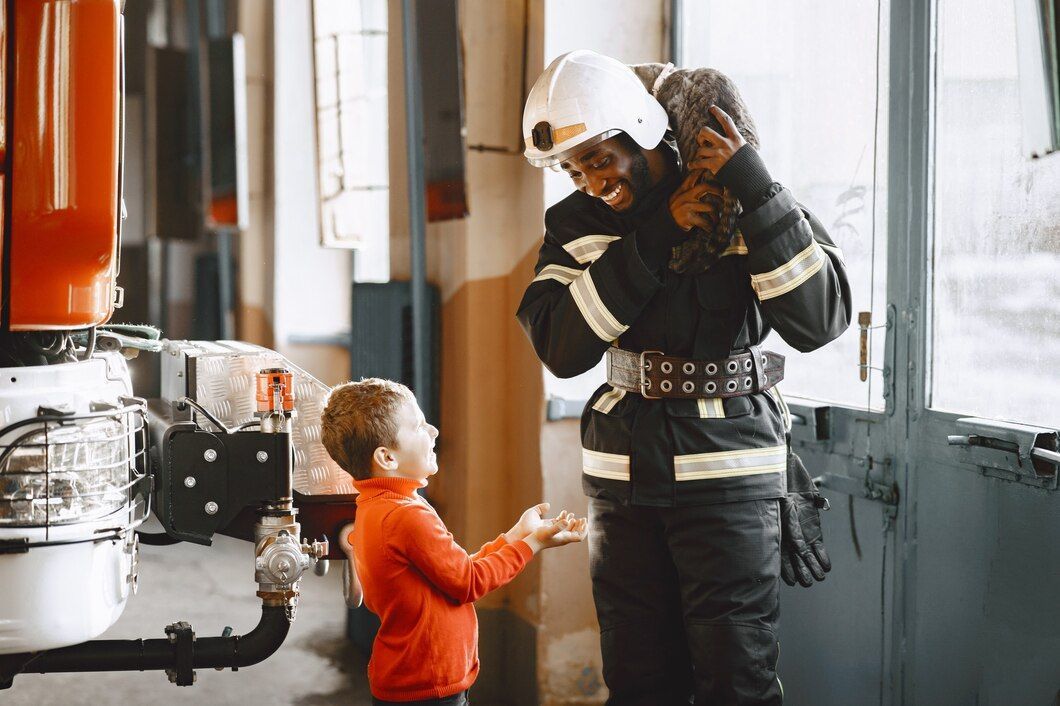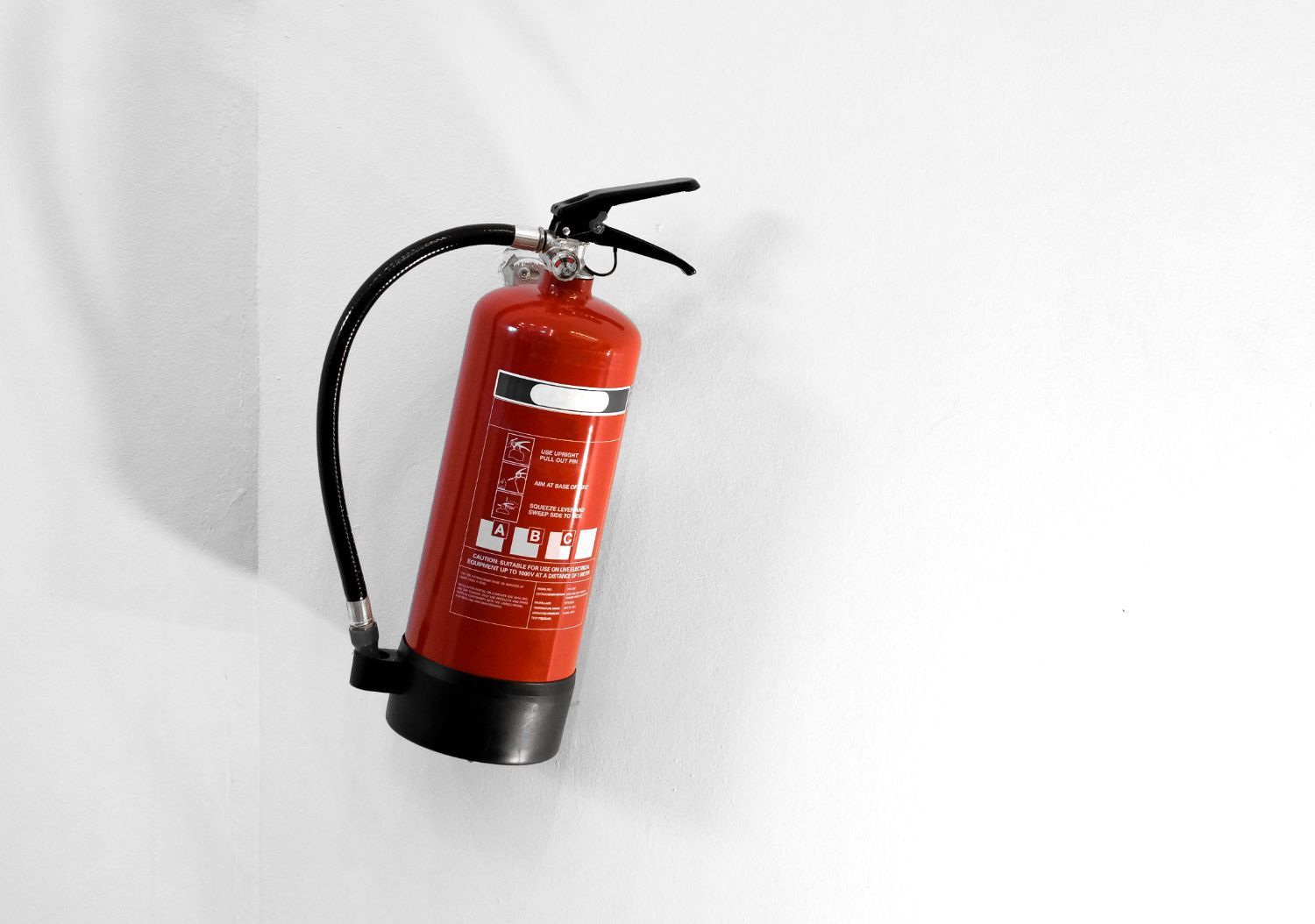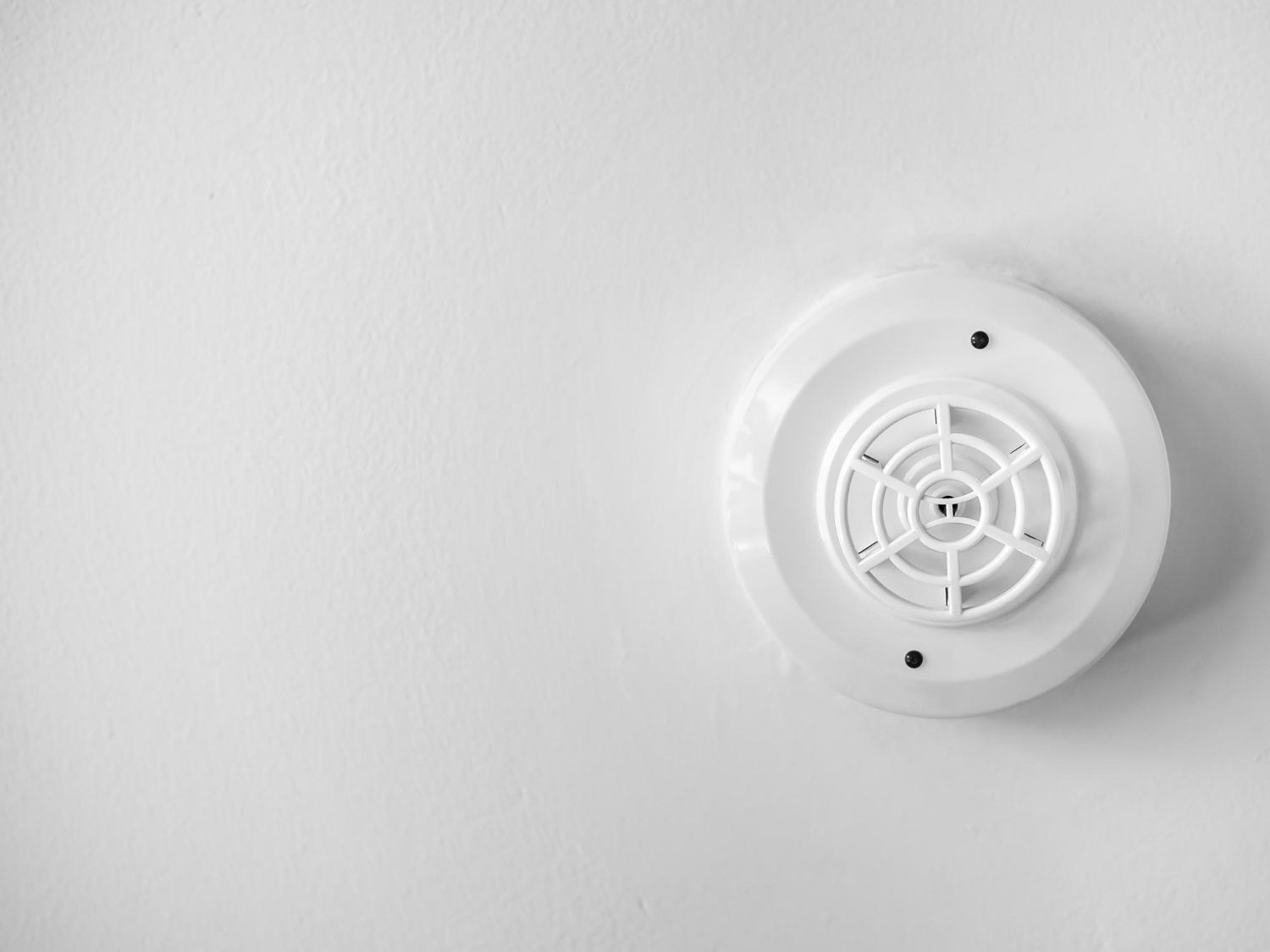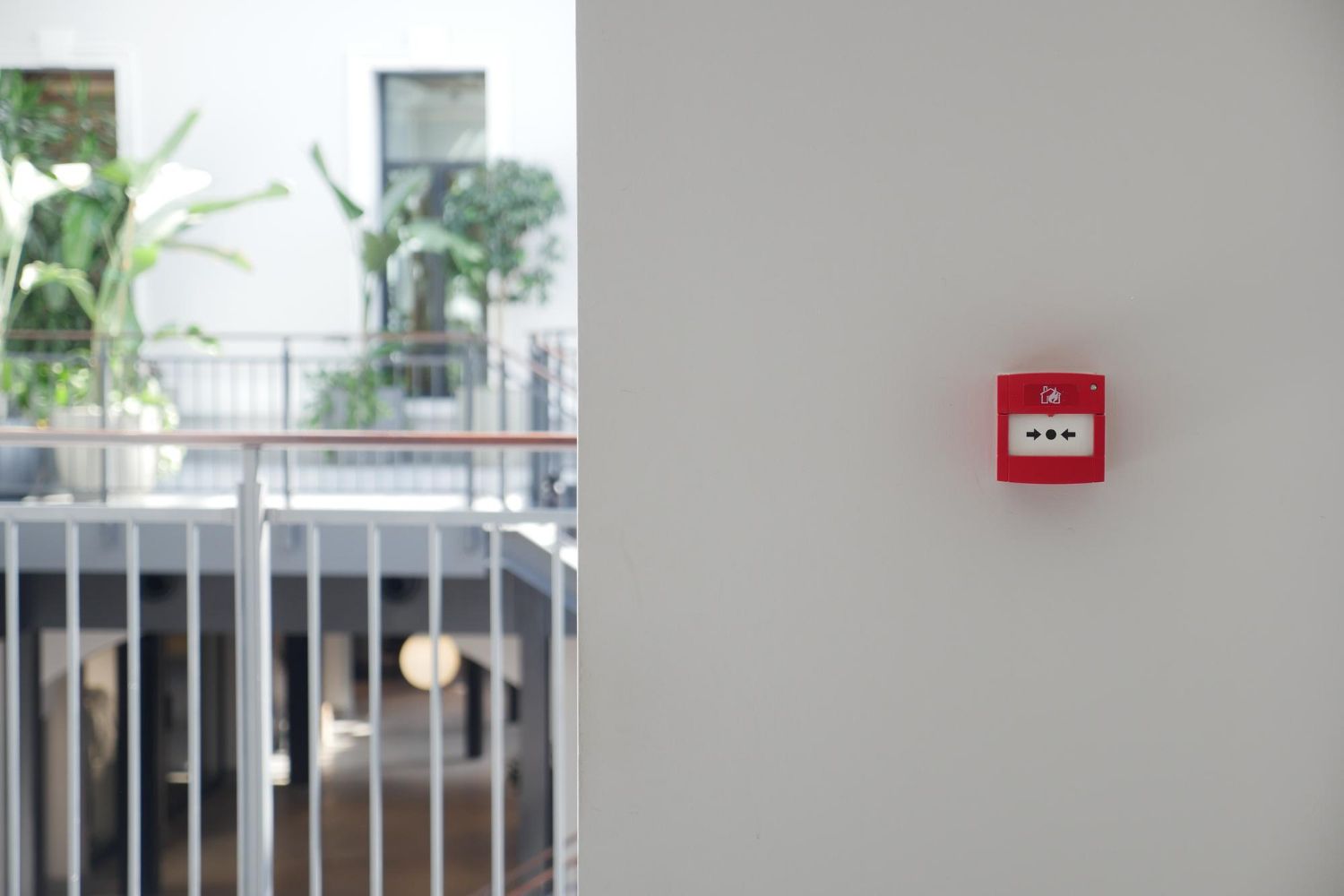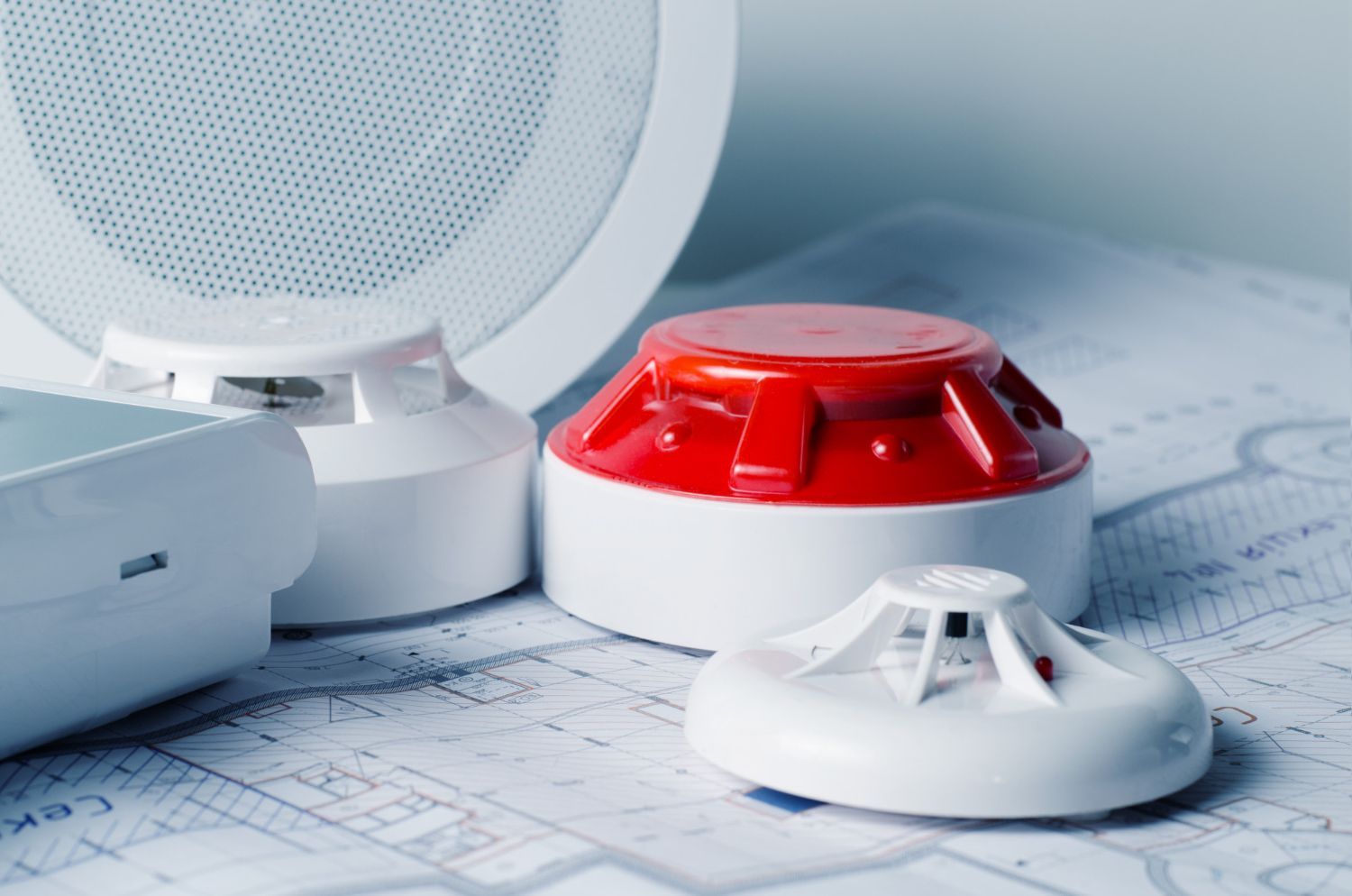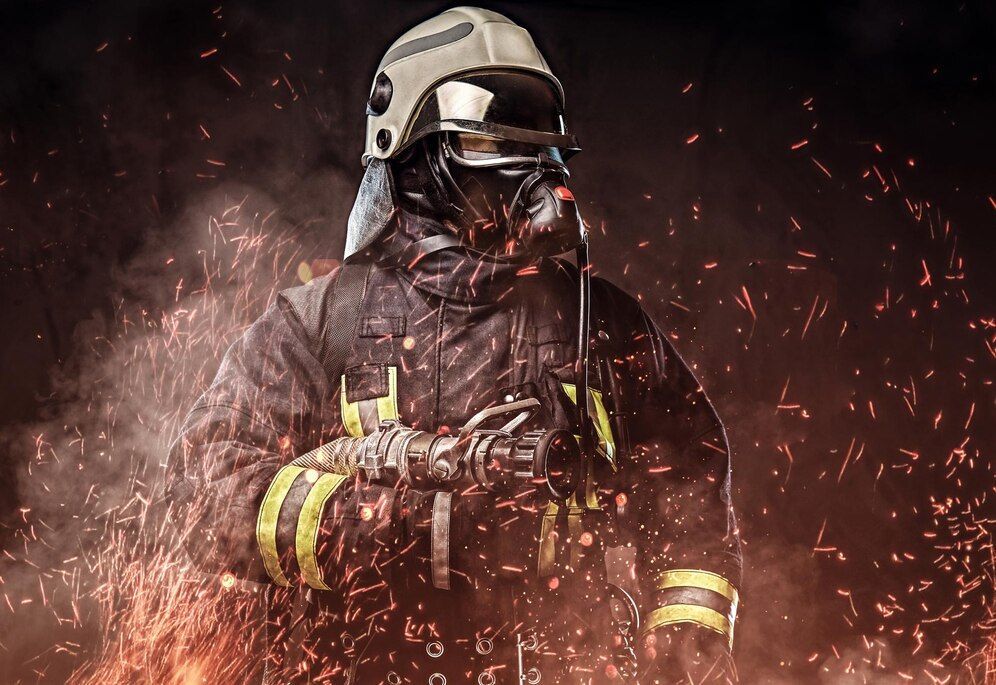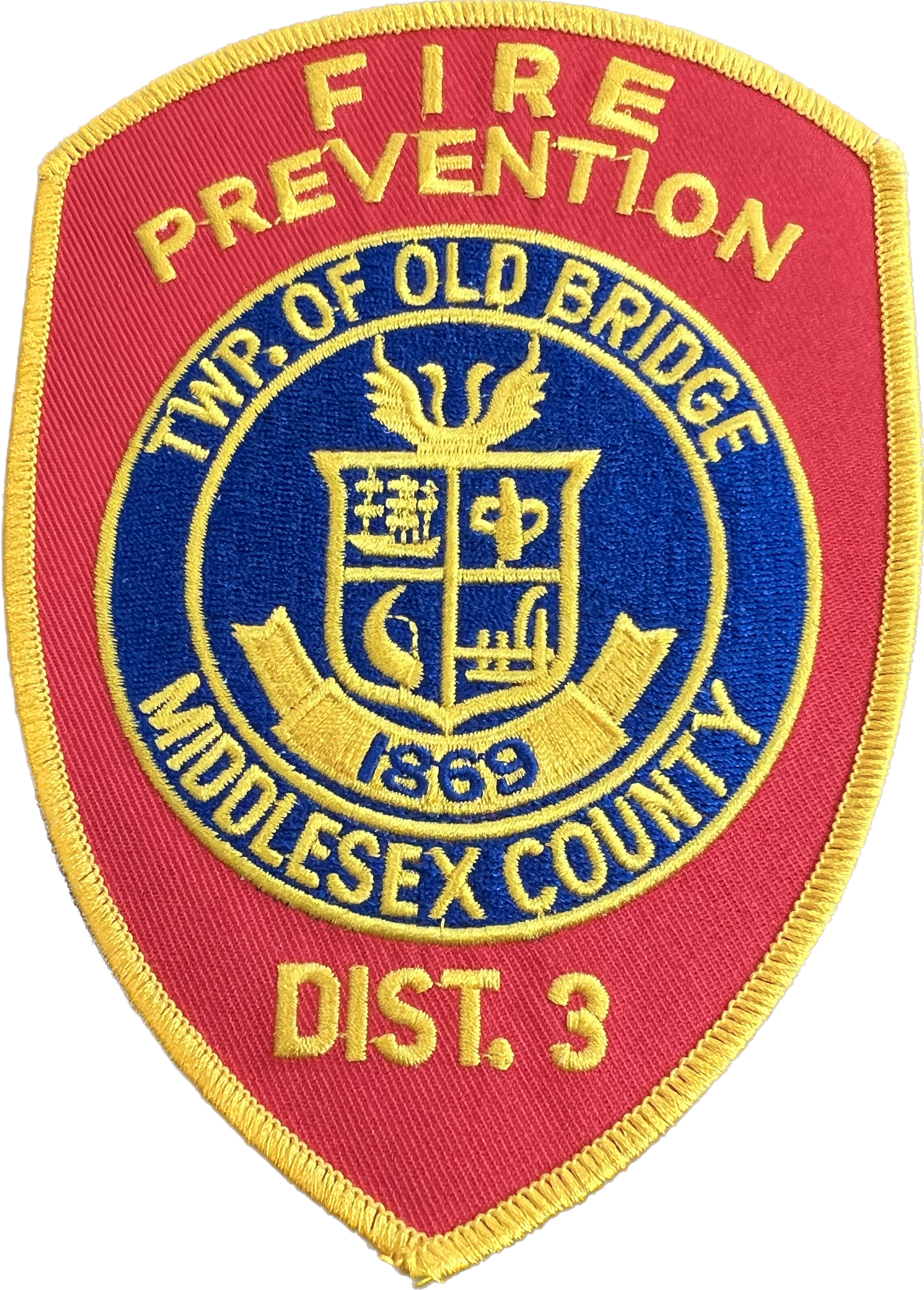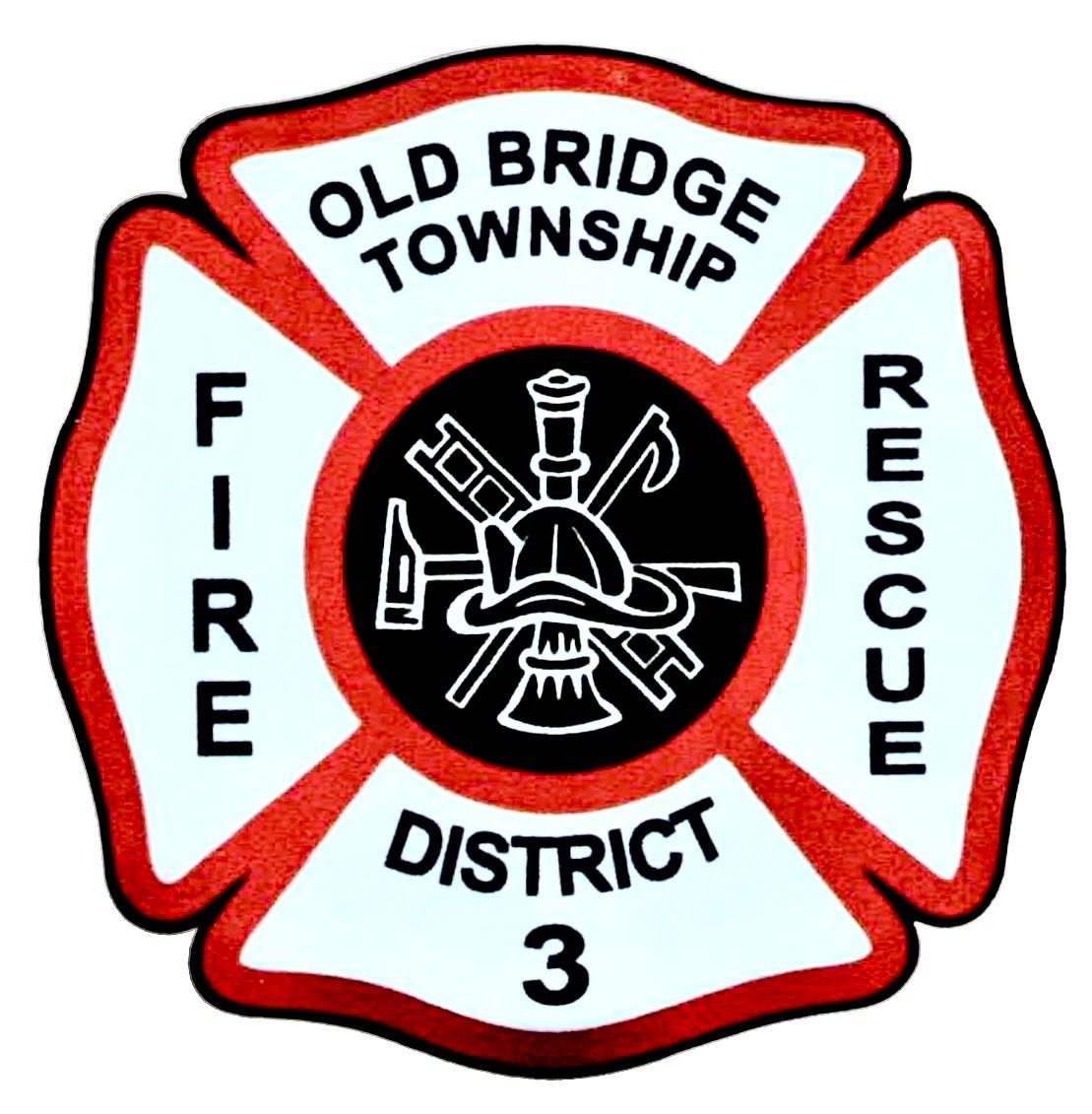How to Practice Fire Drills with Your Kids
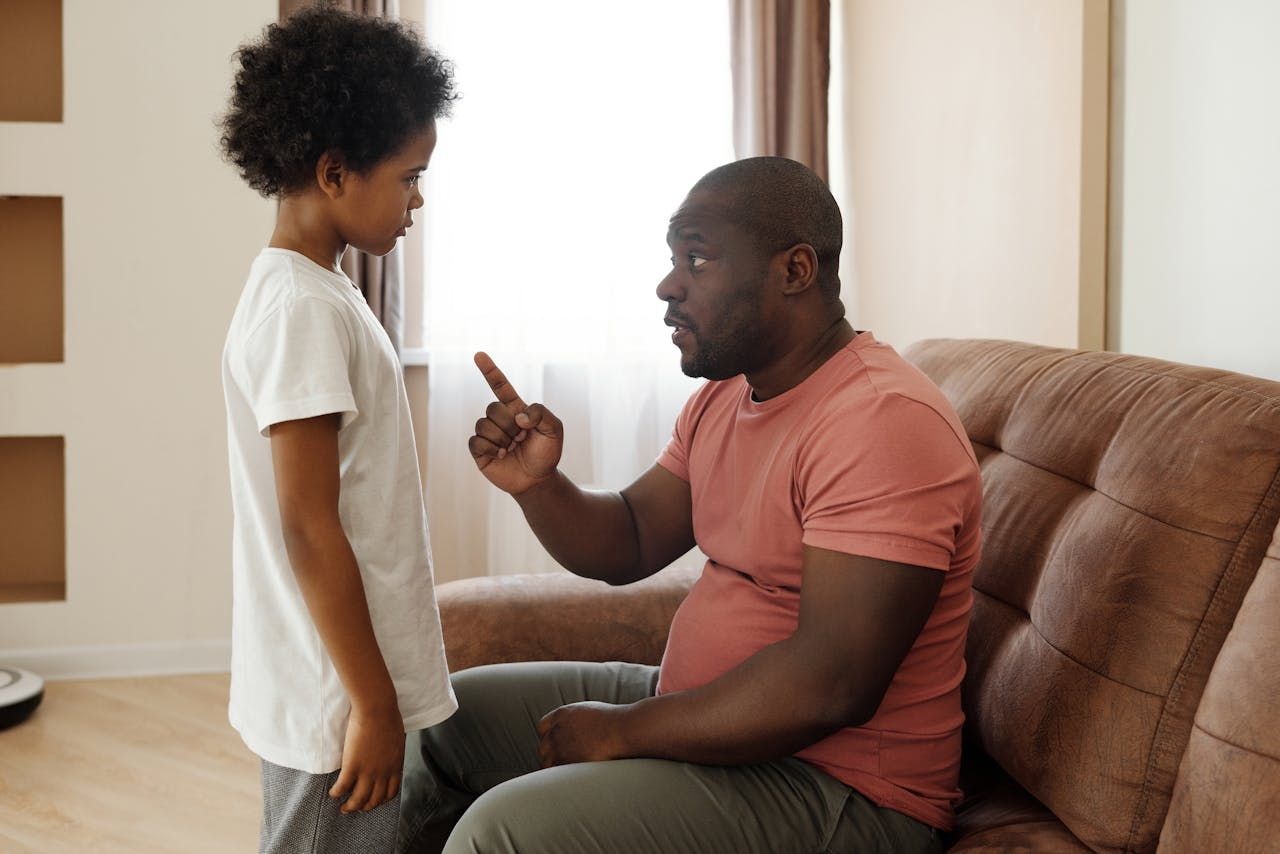
Practicing fire drills at home is a vital safety activity, especially when you have kids. Teaching children what to do in case of a fire helps them feel more confident and prepared. It also ensures they know how to react quickly and safely during an emergency.
Let's explore how to get started with fire drills, how to make them effective, and how to keep improving your plan to ensure everyone's safety.
Importance of Fire Drills for Kids
Understanding fire safety is crucial for kids. Practicing fire drills ensures that they know what to do in an emergency. This knowledge helps prevent panic and confusion, giving them a clear plan to follow—like a game plan for safety.
Kids who regularly participate in fire drills become more confident and less scared about the idea of a fire. They know how to react and where to go, saving precious seconds during emergencies. This preparation can make a massive difference in safely getting everyone out of the house.
Fire drills also teach responsibility. Kids learn to check their surroundings, listen to instructions, and follow the safety plan. These habits carry over into other areas of safety and help build a sense of accountability. The skills they learn from practicing fire drills are valuable and can be used in different situations throughout their lives.
Preparing Your Home for a Fire Drill
Before conducting a fire drill, prepare your home to make the drill practical and realistic. Here are some steps to take:
1. Install and Check Smoke Alarms: Ensure smoke alarms are on every level of your home, particularly near sleeping areas. Test the alarms monthly to make sure they are working correctly. Replace batteries once a year or as needed.
2. Create a Fire Escape Plan: Draw a floor plan of your home, showing all doors and windows. Identify two ways out of each room. Establish a safe meeting spot outside, such as a mailbox or a neighbor’s house, where everyone can gather after escaping.
3. Clear Escape Routes: Make sure all exits are clear of obstacles. Keep pathways, stairwells, and doorways free from clutter. Ensure that windows can be easily opened.
4. Teach Kids How to Use Emergency Exits: Show your kids how to unlock and open windows and doors. If you have emergency ladders, practice using them. Explain the importance of staying low to avoid smoke.
5. Know How to Call 911: Teach your kids how to call 911 and what information to give the operator. Practice this with them so they feel comfortable doing it in an emergency.
Preparing your home and reviewing these steps with your kids ensures everyone knows what to do. This preparation helps make the actual fire drill more practical and realistic.
Step-by-Step Guide to Conducting a Fire Drill
Conducting a fire drill with your kids is straightforward and essential. Here’s a simple guide to help you through it:
1. Start by Explaining the Plan: Gather everyone in the family and explain the fire escape plan. Show them the two ways out of each room and the designated meeting spot outside.
2. Sound the Alarm: Use your home's smoke alarm to start the drill so kids know what it sounds like. Make sure everyone hears it and knows to take immediate action.
3. Guide Them Through the Escape Routes: Help your kids practice crawling low under the smoke to the nearest exit. If one exit is blocked, ensure they know how to use the second way out.
4. Stop, Drop, and Roll: Teach your kids what to do if their clothes catch fire. Practice the "stop, drop, and roll" technique until they know it by heart.
5. Move to the Safe Meeting Spot: Everyone should go to the designated meeting place once out. Make sure they don’t return to the house for any reason.
6. Review the Drill: After the drill, gather everyone and discuss what went well and what could be improved. Make sure everyone understands their role and feels comfortable with the plan.
Practicing these steps regularly will help your kids become more confident and prepared if a real fire occurs.
Reviewing and Improving Your Fire Drill Plan
Reviewing and improving your fire drill plan is essential to keep it practical. After practicing the drill, assess what worked and what didn’t.
1. Ask for Feedback: Talk to your kids about how the drill went. Ask if they had any problems or if something was confusing. Their feedback is valuable for making adjustments.
2. Practice Different Scenarios: Fires can happen at any time, so practice drills at different times of the day and night. Ensure everyone knows what to do in other rooms or floors of the house.
3. Update Regularly: Update your fire escape plan as needed. Adjust your strategy if you make changes to your home, like adding furniture or renovating. Make sure your kids are aware of the changes.
4. Regular Drills: Practice fire drills at least twice a year. Regular practice helps keep the plan fresh in everyone’s mind and ensures you all stay prepared.
5. Emergency Contacts: Ensure your kids know how to call 911 and give your address. Keep emergency contacts updated and accessible.
You can keep your family prepared and safe by continuously reviewing and improving your fire drill plan. This practice ensures everyone knows exactly what to do in case of a fire.
Conclusion
Practicing fire drills with your kids is crucial in ensuring their safety. It gives them the knowledge and confidence to act quickly in an emergency. By preparing your home, practicing the drills, and regularly reviewing the plan, you set a strong foundation for fire safety in your household.
Remember, the goal is to ensure everyone knows what to do and where to go if a fire occurs. Turn this practice into a routine and make it a part of your family’s safety habits. Being prepared means you can act quickly and effectively, which can make all the difference during a fire.
At the Board of Fire Commissioners, Fire District 3, Township of Old Bridge, we are committed to helping our community stay safe. If you have any questions or need further assistance with fire safety, please visit our
fire department service website or contact us. Let’s work together to protect our families and homes.
